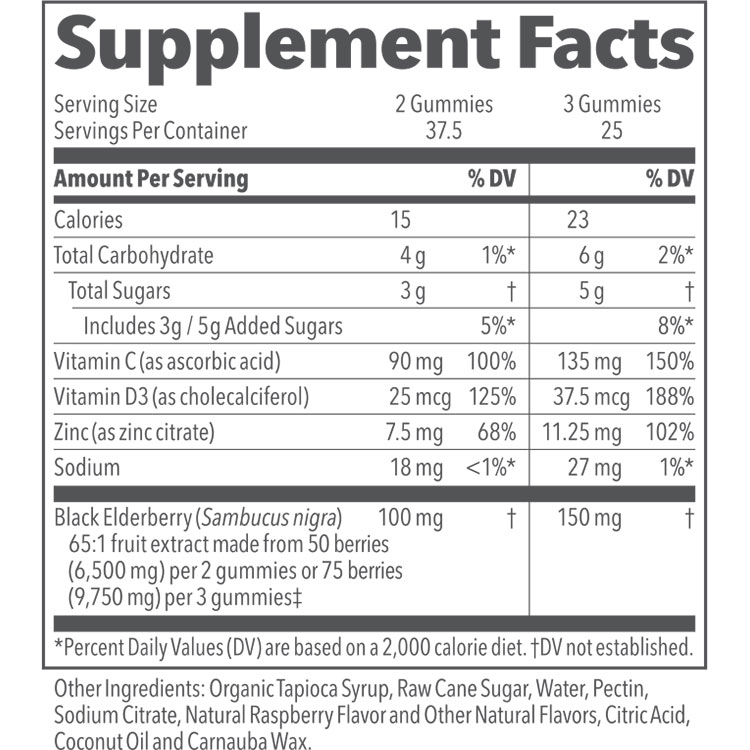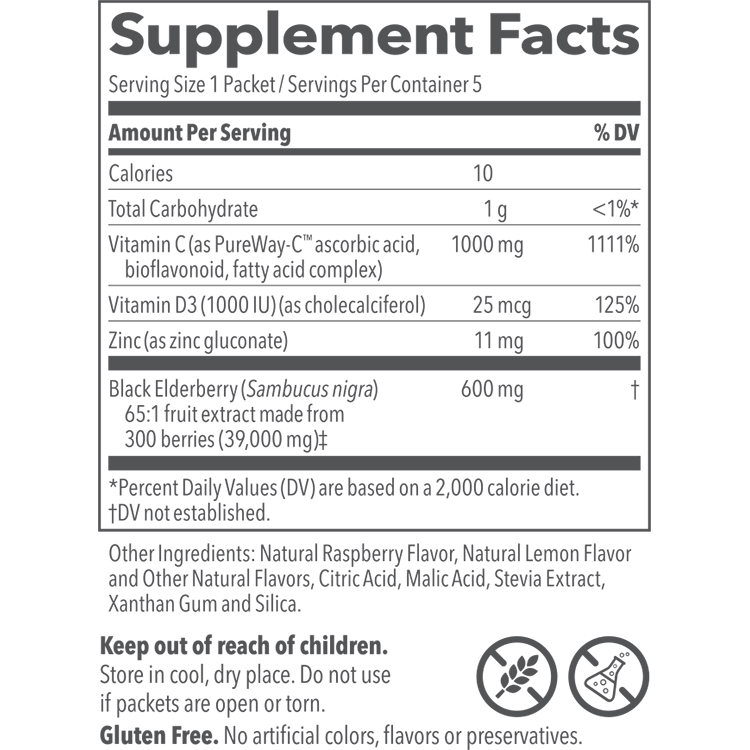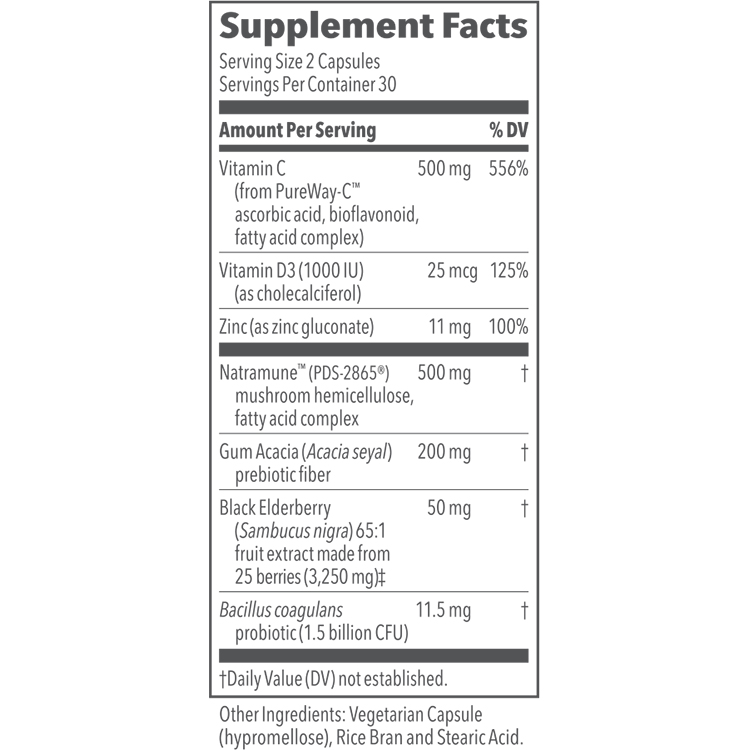WHAT IS CHRONIC FATIGUE SYNDROME?
Human bodies are designed to function in a way where everyday tasks such as going to work, feeding yourself, and getting out of bed are not something to struggle with. However, things like lack of sleep, chronic illness, stress, cancer, and other issues may lead some people to feel an overwhelming sense of fatigue with their normal daily tasks (1). Many people with elevated fatigue levels have an underlying cause or condition that may be treated. However, other people have debilitating fatigue that has no known cause; this condition is referred to as chronic fatigue syndrome (2).
Chronic fatigue syndrome is a disorder in which a person has extreme fatigue and sleep abnormalities. Chronic fatigue syndrome is complicated to classify due to the widespread symptoms and difficult to identify the cause (3). It is believed that most people suffering from chronic fatigue syndrome are undiagnosed by their doctors (4). It has been stressed by researchers at DePaul University that there needs to be a unified criterion and diagnostic list which will help these undiagnosed persons receive help (5). Until there is a general agreement on a standard of care criteria, this disorder will remain underdiagnosed, difficult to treat, and highly frustrating for sufferers.
RISK FACTORS OF CHRONIC FATIGUE SYNDROME
Due to the unexplained nature of chronic fatigue syndrome, little is known about its underlying cause. It has been theorized that there may be predispositions that could possibly increase some person’s risk of developing this disorder. It is theorized that these predispositions may lead to this disorder after a triggering event; possible trigger events include (6):
- Viral infection
- Poor immune health
- Imbalance of hormones
Additional risk factors that have been identified include (7):
- Age: 40 to 50 years
- Gender: Female
- High stress or issues coping with stress
SYMPTOMS OF CHRONIC FATIGUE SYNDROME
Although chronic fatigue syndrome criteria is still being debated, the core symptoms that are associated with this disease are:
- Hypersensitivity to normal daily activities (2)
- Extreme exhaustion lasting greater than 24 hours after exercise, either physical or mental (8)
- Memory loss and cognitive issues (4)
- Unrefreshing sleep (8)
- Trouble concentrating (9)
- Sore throat (9)
- Enlarged neck and/or armpit lymph nodes (9)
- Unexplained muscle or joint pain (9)
- Headaches (9)
- Ataxia or distorted motor function (4)
The hypersensitivity and extreme exhaustion must be persisting with a duration of 6 months or longer to be considered Chronic (8). Persons with chronic fatigue syndrome reported that they may not have all of the above symptoms and that they fluctuate in severity (10). This was mostly noted by patients who followed a peak and valley cycle of activity to rest (10).
For more information on chronic fatigue syndrome and diagnosis: 1. Talk to your doctor 2. Visit the Mayo Clinic website 3. Visit the Centers for Disease Contol and Prevention website 4. Visit the Office of Women’s Health website
CHRONIC FATIGUE SYNDROME FACTS AND STATISTICS
Although there is no unified theory of what causes chronic fatigue syndrome, this disorder affects roughly 0.2% – 2.6% of the world’s population (11). Due to the nature of this disorder, it is believed that 84 – 91% of persons with this disorder have not been diagnosed (7). It is estimated that for diagnosis to occur, an affected person will have a 5-year medical journey of diagnostic rule-out (9).
MEDICAL TREATMENT OF CHRONIC FATIGUE SYNDROME
There are conflicting ideas on the best treatment plan for the 150 million persons globally who suffer from this disorder. This conflict is in part due to the limited understanding of the cause of chronic fatigue syndrome. This lack of understanding drives the standard treatments to symptom management (2). Current management of symptoms aims at decreasing the burden fatigue, mental impairment, depression, and anxiety on persons with this disease (11).
Medication symptom management is possible for fatigue, sleeping problems, pain, depression, stress, anxiety, dizziness, and concentration problems (2). Medications used include:
- Stimulants
- NSAIDS
- Sleep aids (both over the counter and prescription)
- Antidepressants
- Anti-anxiety medications
- Attention-deficit/hyperactivity disorder medications
- Complementary nutritional supplement (based on lab tests)
The aforementioned medications are stated in classifications and not specific prescriptions. This is because all pharmacological treatments are utilized to manage symptoms and not treat chronic fatigue syndrome. Thus, all medications being prescribed are dictated by individualized doctors and can be any within the classifications listed.
Studies are currently investigating the utilization of pharmacological treatments that reduce the oxidative stress of a patient such as coenzyme Q10 and NADH (12) and moxibustion (13). However, these medications are still in clinical trials and need to be further subjected to clinical trials before standardized use and should not be utilized without doctor’s supervision.
NATURAL WAYS TO HELP FEEL LESS FATIGUED
Practices to Help Feel Less Fatigued:
- Guided and scaled exercise (14)
- Cognitive behavioral therapy (15)
- Better sleeping habits and rituals (16)
- Balanced diet (2)
- Acupuncture (17,18)
- Meditation (2)
- Massage (2)
- Breathing and relaxation therapy (2)
- Yoga or Tai Chi (19)
- Waon therapy (20)
Natural Supplements That Help Feel Less Fatigued:
- Cocoa (21)
- L-Theanine (22)
- Rhodiola root extract (23,24,25,26)
- Holy Basil (27)
- Astragalus (28)
- DHEA (29)
- Evening primrose (30)
- L-Carnitine (31,32,33,34,35,36)
- Ribose (37)
REFERENCES
- Beyond Myalgic Encephalomyelitis/Chronic Fatigue Syndrome. Report Guide for Clinicians. Institution of Medicine. 2015.
- Treatment. Myalgic Encephalomyelitis/Chronic Fatigue Syndrome 2018; https://www.cdc.gov/me-cfs/treatment/index.html. Accessed April 24, 2018.
- Myalgic Encephalomyelitis/Chronic Fatigue Syndrome. https://www.cdc.gov/me-cfs/index.html. Accessed April 29, 2018.
- Smith C, Wessely S. Unity of opposites? Chronic fatigue syndrome and the challenge of divergent perspectives in guideline development. Journal of Neurology, Neurosurgery & Psychiatry. 2014;85(2):214-219. DOI: 10.1136/jnnp-2012-303208
- Jason L, Sunnquist M, Brown A, Reed J. Defining Essential Features of Myalgic Encephalomyelitis and Chronic Fatigue Syndrome. Journal of Human Behavior in the Social Environment. 2015;25(6):657-674. doi:10.1080/10911359.2015.1011256
- Possible Causes. Myalgic Encephalomyelitis/Chronic Fatigue Syndrome 2017; https://www.cdc.gov/me-cfs/about/possible-causes.html. Accessed April 29, 2018.
- Myalgic Encephalomyelitis/Chronic Fatigue Syndrome (ME/CFS) Key Facts. Institute of Medicine of the National Academies;2015.
- Speer L, Mushkbar S. “Doctor, I’m so tired!” Refining your work-up for chronic fatigue. The Journal of Family Practice. 2015;64(2):84-91.
- Brown B. Chronic fatigue syndrome: a personalized integrative medicine approach. Alternative Therapies in Health & Medicine. 2014;20(1):29-40.
- Nijs J, van Eupen I, Vandecauter J, et al. Can pacing self-management alter physical behavior and symptom severity in chronic fatigue syndrome? A case series. Journal of Rehabilitation Research & Development. 2009;46(7):985-996.
- Li S, Sandler C, Casson S, Cassar J, Lloyd A, Barry B. Randomized Controlled Trial of Online Continuing Education for Health Professionals to Improve the Management of Chronic Fatigue Syndrome: A Study Protocol. BMJ Open. 2017;7(5). doi:10.1136/bmjopen-2016-014133
- Castro-Marrero J, Cordero M, Segundo M, et al. Does Oral Coenzyme Q10 Plus NADH Supplementation Improve Fatigue and Biochemical Parameters in Chronic Fatigue Syndrome? Antioxidants & Redox Signaling. 2015;22(8):679-685. doi: 10.1089/ars.2014.6181
- Kim H, Yoo S, Park H, Son C-G. Indirect Moxibustion (CV4 and CV8) Ameliorates Chronic Fatigue: A Randomized Double-Blind, Controlled Study. Journal of Alternative & Complementary Medicine. 2013;19(2):134-140. doi:10.1089/acm.2011.0503
- Clark L, Pesola F, Thomas J, Vergara-Williamson M, Beynon M, White P. Guided Graded Exercise Self-Help Plus Specialist Medical Care Versus Specialist Medical Care Alone for Chronic Fatigue Syndrome (GETSET): a Pragmatic Randomised Controlled Trial. The Lancet. 2017;390(10092):363-373.
- Yancey J, Thomas S. Chronic Fatigue Syndrome: Diagnosis and Treatment. American Family Physician. 2012;86(8):741-746.
- Kallestad H, Jacobsen H, Landrø N, Borchgrevink P, Stiles T. The Role of Insomnia in the Treatment of Chronic Fatigue. Journal of Psychosomatic Research. 2015;78(5):427-432.
- Wang Y-Y, Li X-X, Liu J-P, Luo H, Ma L-X, Alraek T. Traditional Chinese medicine for chronic fatigue syndrome: A systematic review of randomized clinical trials. Complementary Therapies in Medicine. 2014;22(4):826-833. doi: 10.1016/j.ctim.2014.06.004
- Ng S-M, Yiu Y-M. Acupuncture for chronic fatigue syndrome: a randomized sham-controlled trial with single-blinded design. Alternative Therapies in Health & Medicine. 2013;19(4):21-26.
- Yadav R, Sarvottam K, Magan D, Yadav R. A Two-Year Follow-Up Case of Chronic Fatigue Syndrome: Substantial Improvement in Personality Following a Yoga-Based Lifestyle Intervention. Journal of Alternative & Complementary Medicine. 2015;21(4):246-249.
- Soejima Y, Munemoto T, Masuda A, Uwatoko Y, Miyata M, Tei C. Effects of Waon Therapy on Chronic Fatigue Syndrome: A Pilot Study. Internal Medicine. 2015;54(3):333-338. DOI: 10.2169/internalmedicine.54.3042
- Sathyapalan T, Beckett S, Rigby A, Mellor D, Atkin S. High Cocoa Polyphenol Rich Chocolate May Reduce the Burden of the Symptoms in Chronic Fatigue Syndrome. Nutrition Journal. 2010;9(55). doi: 10.1186/1475-2891-9-55
- Hides S, Ota M, Wakabayshi C, et al. Effects of Chronic L-Theanine Administration in Patients with Major Depressive Disorder: An Open-Table Study. Acta Neuropsychiatrica. 2017;29(2):72-79. doi: 10.1017/neu.2016.33
- Olsson E, von Schéele B, Panossian A. A Randomised, Double-Blind, Placebo-Controlled, Parallel-Group Study of the Standardised Extract SHR-5 of the Roots of Rhodiola roses in the Treatment of Subjects with Stress-Related Fatigue. Planta Medica. 2009;75(2):105-112. doi: 10.1055/s-0028-1088346
- Edwards D, Heufelder A, Zimmermann A. Therapeutic effects and safety of Rhodiola rosea extract WS® 1375 in subjects with life-stress symptoms–results of an open-label study. Phytotherapy Research. 2012;26(8):1220-1225. doi: 10.1002/ptr.3712
- Shevtsov VA, Zholus BI, Shervarly VI, et al. A randomized trial of two different doses of a SHR-E Rjodiola rose extract versus placebo and control of capacity for mental work. Phytomedicine. 2003;10(2-3):95-105. DOI: 10.1078/094471103321659780
- Schutgens F, Neogi P, van Wijk E, van Wijk R, Wikman G, Wiegant F. The influence of adaptogens on ultraweak biophoton emission: a pilot-experiment. Phytotherapy Research. 2009;23(8):1103-1108.
- Sampath S, Mahapatra S, Padhi M, Sharma R, Talwar A. Holy Basil (Ocimum sanctum Linn.) Leaf Extract Enhances Specific Cognitive Parameters in Healthy Adult Volunteers: A Placebo Controlled Study. Indian Journal of Physiology and Pharmacology. 2015;59(1):69-77.
- Zhsng Z, Wu L, Chen M. [Effect of lixu jieyu recipe in treating 75 patients with chronic fatigue syndrome]. Zhongguo Zhong Xi Yi Jie He Za Zhi. 2009;29(6):501-505.
- Himmel P, Seligman T. A pilot study employing Dehydroepiandrosterone (DHEA) in the treatment of chronic fatigue syndrome. Journal of Clinical Rheumatology. 1999;5(2):56-59.
- Behan P, Behan W, Horrobin D. Effect of high doses of essential fatty acids on the postviral fatigue syndrome. Acta Neurologica Scandinavia. 1990;82(3):209-2016.
- Vermeulen R, Scholte H. Exploratory open label, randomized study of acetyl- and propionylcarnitine in chronic fatigue syndrome. Psychosomatic Medicine. 2004;66(2):276-282.
- Jason L, Sunnquist M, Brown A, Newton J, Strand E, Vernon S. Chronic Fatigue Syndrome versus Systemic Exertion Intolerance Disease. Fatigue. 2015;3(3):127-141. doi: 10.1080/21641846.2015.1051291
- What is ME/CFS. Myalgic Encephalomyelitis/Chronic Fatigue Syndrome 2017; https://www.cdc.gov/me-cfs/about/index.html. Accessed April 29, 2018.
- Chronic Fatigue Syndrome. Health Topics 2016; https://medlineplus.gov/chronicfatiguesyndrome.html. Accessed April 29, 2018.
- Chronic fatigue syndrome. A-Z Health Topics 2017; https://www.womenshealth.gov/a-z-topics/chronic-fatigue-syndrome. Accessed April 29, 2018.
- Possible Causes. Myalgic Encephalomyelitis/Chronic Fatigue Syndrome 2017; https://www.cdc.gov/me-cfs/about/possible-causes.html. Accessed April 29, 2018.
- Teitelbaum J, Johnson C, St Cyr J. The use of D-ribose in chronic fatigue syndrome and fibromyalgia: a pilot study. Journal of Alternative and Complementary Medicine. 2006;12(9):857-862. DOI: 10.1089/acm.2006.12.857




